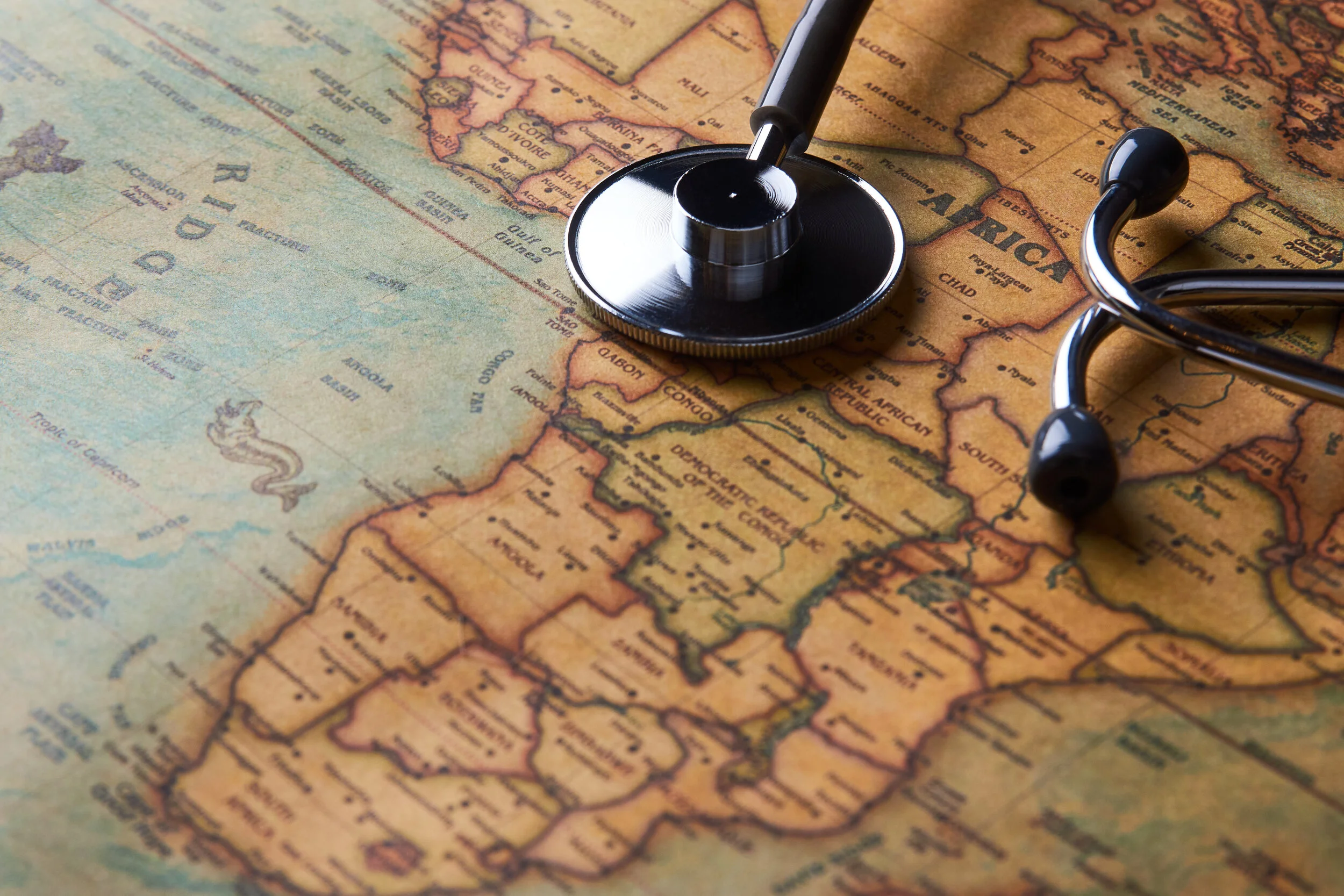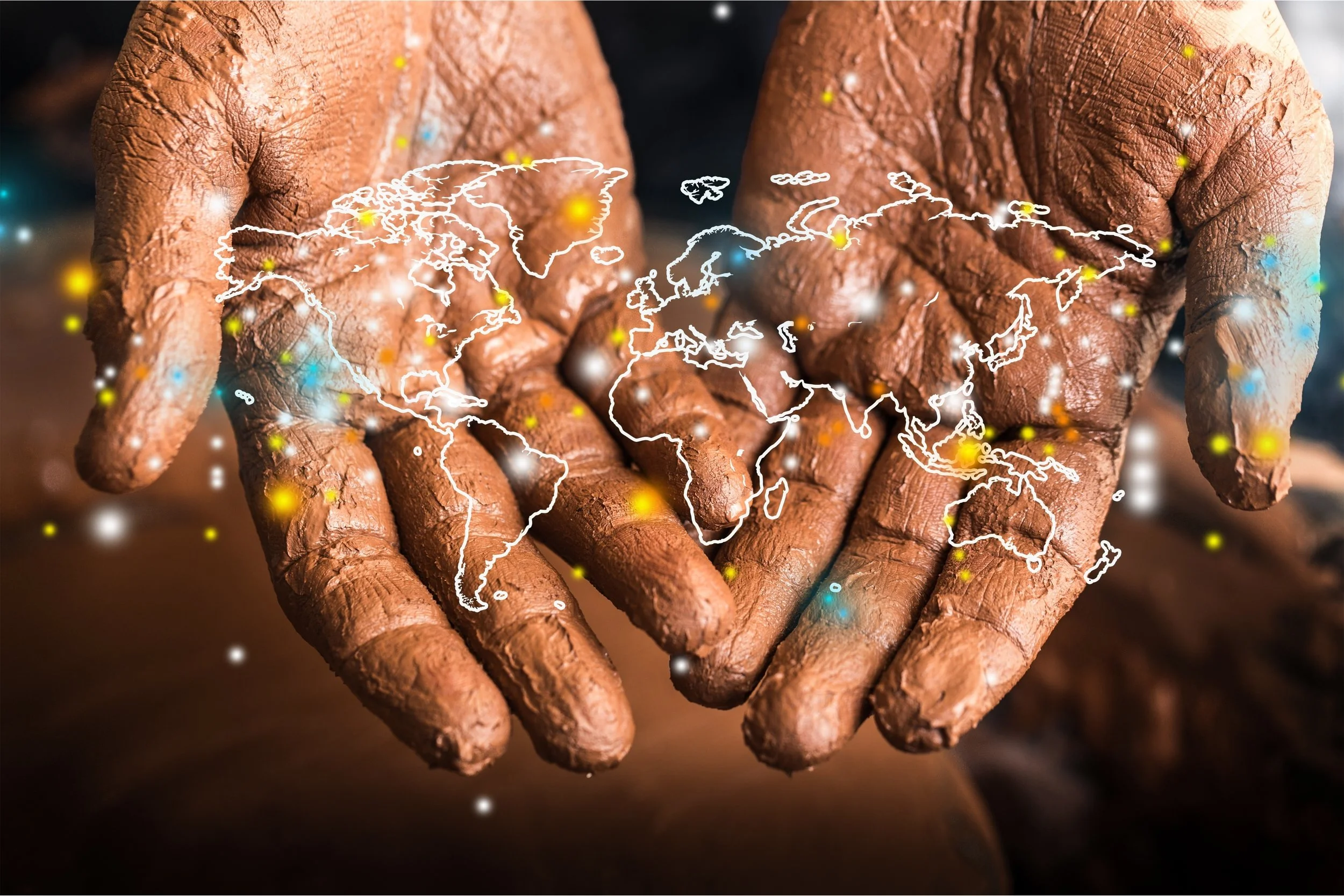Did you know that small farmers’ access to agri-food data can impact food security on a global scale?
Read MoreInnovation is a vital practice in the knowledge economy. Also vital is finding ways to scale innovations so that they can have significant impact. The Open African Innovation Research (Open AIR) network has collected data in numerous African innovation settings over the past decade, and has, in the process, developed a four-pillar taxonomy of scaling practices. As outlined in its 2020 Scaling Innovation report, which draws on findings from 10 African countries, Open AIR has found that scaling by the continent’s knowledge-based enterprises can best be understood in terms of four overlapping dimensions: expanding coverage; broadening activities; changing behaviour; and building sustainability.
Read MoreNigeria’s booming film industry, colloquially known as Nollywood, has become one of the most influential in the world, and one of Nigeria’s largest economic sectors. University of Ottawa Professor Dr Chidi Oguamanam, working as part of the Open African Innovation Research (Open AIR) network, examines Nollywood as an example of how innovation, openness and entrepreneurship have unfolded in this unique context. Relying on extensive data collection, including in-depth interviews with key players in the industry, Oguamanam traces Nollywood’s origins and demonstrates how its persistent openness—to local popular culture, to myriad modes of marketing, to both formal and informal skills development, to Nigeria’s multiethnic realities, and to various approaches to intellectual property—have all contributed to its success at local, national, continental and global levels.
Read MoreOn Feb. 21, 2021, Israel introduced “green passes” – evidence of COVID-19 vaccination or presumed immunity after recovery from the disease. This form of certificate is called by several other names, most notably immunity passports. According to the global vaccine alliance GAVI, “an immunity passport is an official document that certifies an individual has been infected and is purportedly immune from SARS CoV-2.”
Read MoreAfrica’s fate is precarious in the face of COVID-19. It is the last continent to be affected by COVID-19 following the arrival of the contagion in Egypt and Nigeria in February 2020. Ideally, the late arrival of COVID-19 in Africa could have bought the world’s poorest and politically susceptible continent an advantage. However, a combination of unpreparedness and the severity of COVID-19’s impact left Africa with no such advantage.
Read MoreExcept perhaps South Africa, credible statistics on the extent of the COVID-19 infection in African countries are lacking. So far, African countries could not sustain two full months of lockdown. Unlike the rest of the developed world, there were no significant palliatives for ordinary citizens, let alone businesses or corporations. While industrialised countries compute their GDP contraction arising from COVID-19 in the range of 10%, virtually all of Africa is faced with the stark reality of an upward of 20% drop in their GDP and a total rollback of economic progress of the past two decades.
Read MoreAs an African and a Canadian, I inhabit an observatory. I am a resident in two worlds of blunt contrasts. On a good note, daily at every turn, those contrasts offer privileged lessons on the richness and complexity of the human experience, of our world. In this observatory, it is irresistible not to have a geopolitical perspective on the dynamic of Africa’s relationship with the global south. And since the formal declaration of COVID-19 as a global pandemic on March 11, 2020 by WHO’s Dr. Tedros Adhanom Ghebreyesus, the reality of that stark contrast has never been more evident.
Read MoreThe Third Industrial Revolution (3IR) provided perhaps the most significant insights into Africa’s potential to fast-track its march to sustainable development. As with industrial revolutions, the 3IR has further tinkered with international division of labour. Gradually, Africa and indeed economies hitherto considered as periphery – so-called because they were traditional sources of raw materials – are now actors in knowledge-driven competition, which is the hallmark of the 3IR.
Read MoreThe third industrial revolution (3IR) provided perhaps the most significant insights into Africa’s potential to fast-track its sustainable development. As with previous industrial revolutions, the 3IR has affected the international division of labour. Gradually, Africa and a number of economies on the periphery – so described because they were traditional sources of raw materials – have become actors in a knowledge-driven competition, which is the hallmark of the 3IR.
Read MoreOn June 10, 2019 the Honourable Chief Judge of Lagos State, Madame Justice Opeyemi Oke, would have attained mandatory retirement age of 65 years. She served in acting capacity from September 25, and was sworn in as Chief Judge on October 20, 2017. Her tenure is exactly 21 months which tallies with the tradition of an average of barely 12 months over a 10-year period for successive Chief Judges of Lagos State. For judiciary watchers and stakeholders in the administration of Justice, Oke’s tenure had no dull moment.
Read MoreAfrica is continent of 55 countries and thousands of nationalities with incredible human and cultural diversity. In addition to its wealth of incredible diversity, Africa is the youngest and fastest growing continent. How can the continent harness this incredible potential which could readily flip into unprecedented tragedy if not well-managed? That is the big question for the future of Africa. That future is at the intersection of strength and a ticking time bomb.
Read MoreAs it embarks on another five-year periodic review of the Copyright Act, Canada has an opportunity to reflect on its copyright regime in light of the gaps that exist between it and Indigenous creative works. Indigenous creative works refer to myriad forms, manifestations, or expressions of Indigenous cultural heritage and identity, ranging from stories, folklore and songs, to dances, rituals, symbols, protocols and practices. These collectively link Indigenous peoples with their land, ecological orientation and worldviews, as well as their past, present, and future.
Read MoreOne of the off record welcome hospitality that the Conservative Prime Minister of Britain, Mr. David Cameron, extended to President Muhammadu Buhari who attended the May 10 Anti-Corruption Summit in London is his sneaky remark to the British monarch, Queen Elizabeth II, ahead of that summit that Nigeria (alongside Afghanistan) is a “fantastically corrupt” country. My impression is that Her Majesty may have a better sense of history than Cameron.
Read MoreForging national unity has been a perennial challenge to Nigeria’s evolution as a country. Since independence from Britain 56 years ago, the country continues to weather severe existential storms that strike at its very core. These make national cohesion and political stability largely elusive.
Read MoreNigeria’s security challenges continue to escalate. While the Boko Haram insurgence keeps mutating, kidnappings and hostage taking for ransom rise in competition as side dishes in the main course of the country’s ignominious rise in terrorism profile. Yet, the abducted Chibok girls remain a scar on the conscience of the Nigerian government at all levels. At present, Nigeria’s abysmal human rights record is taking another stress at the instance of recent violent encounter between members of the Shiite Islamic sect and the military.
Read MoreThe global South is full of significant, diverse biological and genetic resources. It’s also home to most of the world’s indigenous communities. This is why developing countries are sensitive about protecting their genetic resources and traditional knowledge.
Read MoreNigeria’s tertiary education industry is increasingly competitive for all stakeholders. We have transitioned from the so-called first; second, third and, some would even suggest, to fourth generation universities. Except for professional bodies, both the federal and state governments have, until more than a decade ago, been the only major proprietary stakeholders in tertiary education.
Read MoreToronto has been in the news recently, not because of its status as a foremost North American commercial hub, but because of its infamous mayor, Rob Ford. Ford has been on the limelight for many wrong reasons, serving as a butt of joke for global fraternity of comedians on how not to be a mayor. Over 2013, many mentioned how discussions involving Canadians within and without Canada are easily short-changed by a more exciting topic: Mayor Rob Ford and his indiscretions.
Read More
















